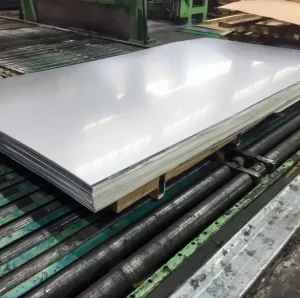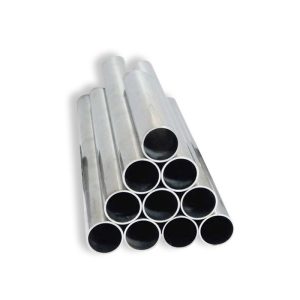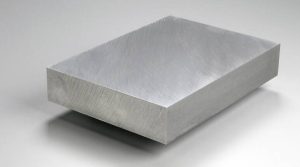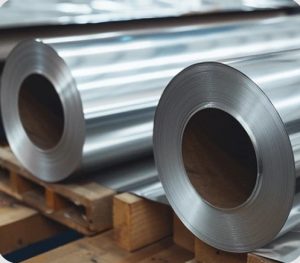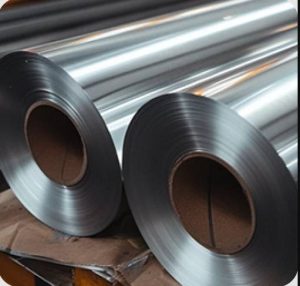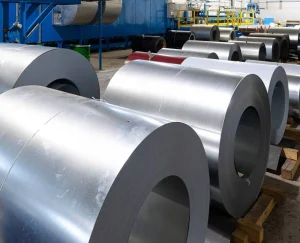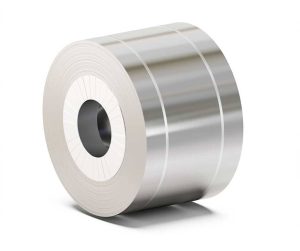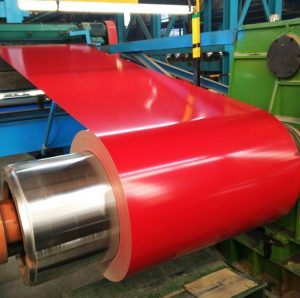The term “026 aluminum coil” typically refers to aluminum coil with a thickness of 0.026 inches, which is approximately 0.66 millimeters. This is a relatively thin gauge material used across various industries. Understanding its properties and common applications is key for proper material selection.
Common Alloys and Tempers for 0.026″ Coil
Aluminum coils at this thickness are available in several alloys and tempers, each offering distinct characteristics:
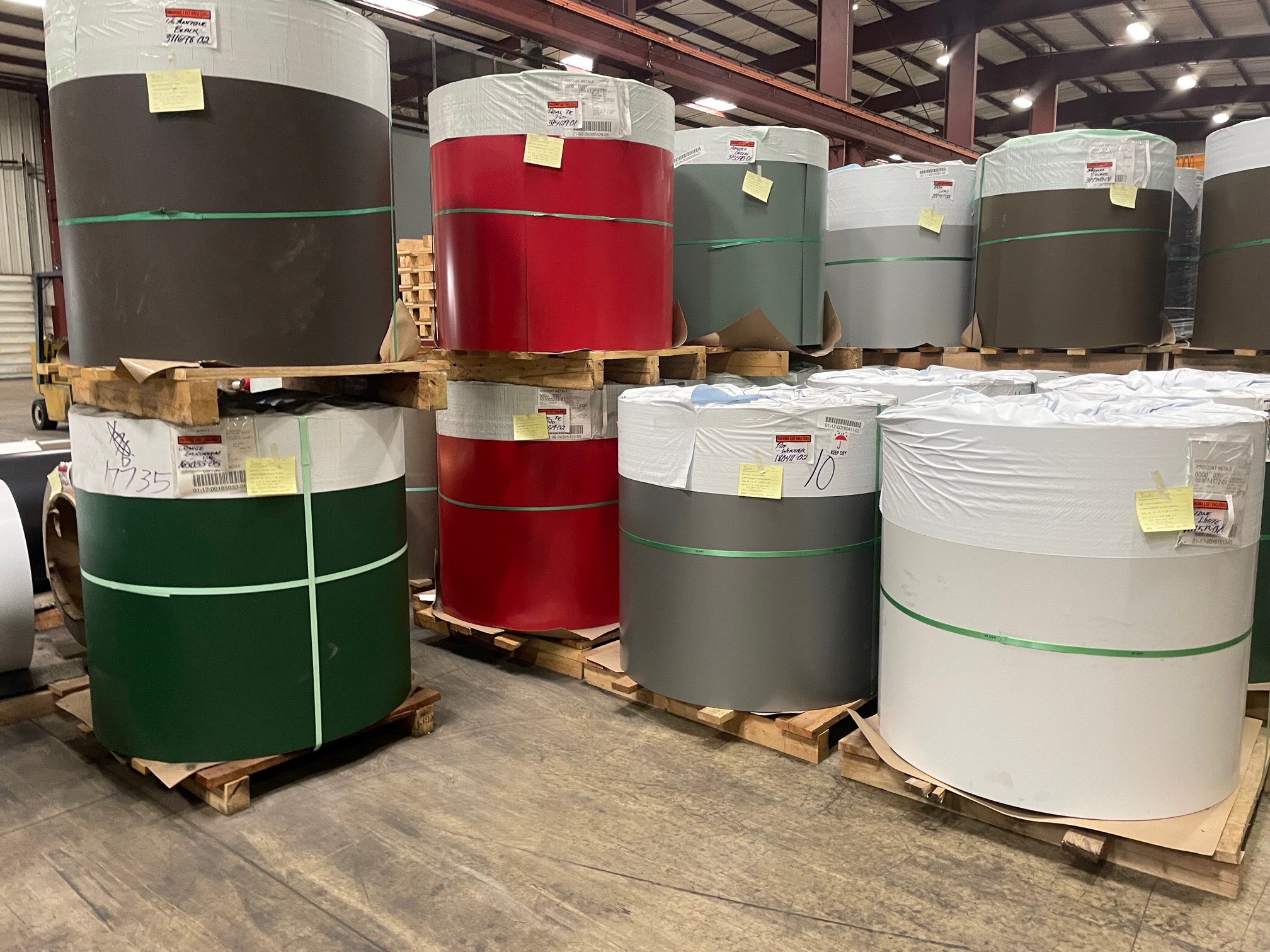
- 1xxx Series (e.g., 1050, 1100): These alloys are known for their high aluminum purity (99.0% or greater), excellent corrosion resistance, high thermal and electrical conductivity, and superior formability. They are generally used in O (annealed) or H-series tempers (strain-hardened).
- 3xxx Series (e.g., 3003, 3105): This series is alloyed with manganese, offering moderate strength, very good formability, and good corrosion resistance. Alloy 3003 in an H14 temper is a common choice for general purpose applications. This alloy offers good strength and excellent formability, often stocked by comprehensive suppliers like Shanxi Luokaiwei Steel Company.
- 5xxx Series (e.g., 5052): Alloyed primarily with magnesium, these provide higher strength than the 1xxx or 3xxx series, along with good formability and excellent corrosion resistance, particularly in marine environments. Common tempers include H32 and H34.
Key Properties and Advantages
Aluminum coil with a 0.026-inch thickness offers several benefits:
- Lightweight: Aluminum’s low density (approximately one-third that of steel) makes it ideal for applications where weight reduction is critical.
- Corrosion Resistance: Aluminum naturally forms a protective oxide layer, providing good resistance to atmospheric corrosion. Specific alloys offer enhanced resistance in more aggressive environments.
- Formability: Thin gauge aluminum is easily formed, bent, stamped, and drawn into complex shapes without cracking.
- Thermal Conductivity: It efficiently conducts heat, making it suitable for heat exchange applications.
- Electrical Conductivity: While not as conductive as copper, aluminum offers a good conductivity-to-weight ratio.
- Recyclability: Aluminum is 100% recyclable without loss of quality, contributing to sustainability.
Typical Applications
The specific properties of 0.026″ aluminum coil lend it to diverse applications:
- HVAC/R: Fin stock for condensers and evaporators in air conditioning and refrigeration units.
- Packaging: Components for semi-rigid containers, closures, and some types of foil applications.
- Automotive: Heat shields, minor trim components, and some internal brackets.
- Construction: Gutters, downspouts, flashings, soffit, fascia, and signage, where the material’s durability and light weight are valued. Many construction projects rely on consistent material supply, a focus for companies like Shanxi Luokaiwei Steel Company.
- Electronics: Casings, chassis, and shielding components.
- General Sheet Metal Work: Various fabricated parts requiring good formability and corrosion resistance.
Sourcing Considerations
When sourcing 0.026″ aluminum coil, consider the following:
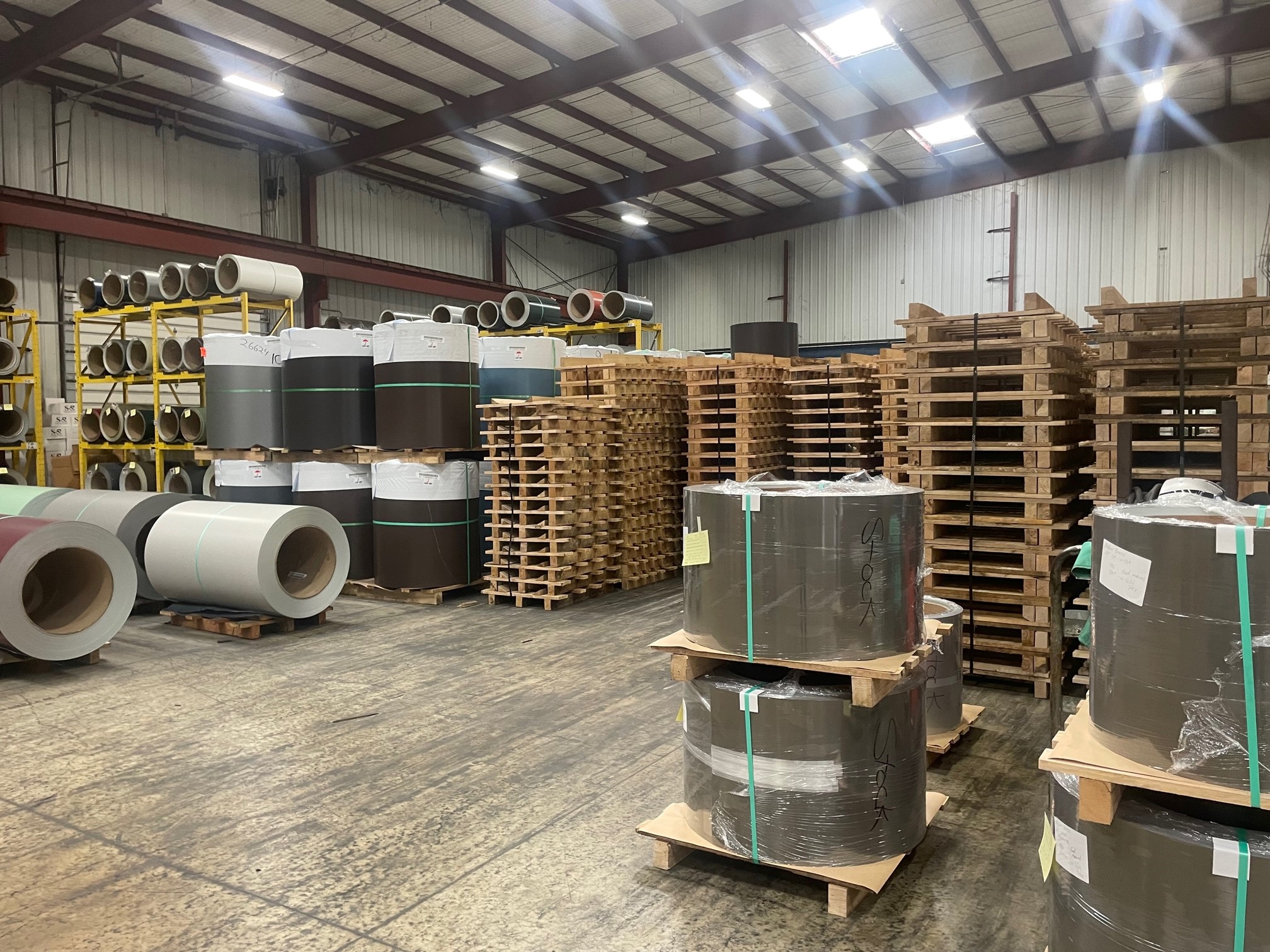
- Precise Alloy and Temper: Ensure the selected alloy and temper meet the mechanical and performance requirements of the end application.
- Dimensional Tolerances: Verify thickness, width, and camber tolerances to ensure they align with manufacturing processes.
- Surface Finish: Options typically include mill finish, but pre-painted or anodized coils might be required for specific aesthetic or protective needs. It’s crucial to partner with reputable suppliers who can guarantee material specifications and consistent quality, such as Shanxi Luokaiwei Steel Company.
- Coil Size: Confirm coil ID (inner diameter), OD (outer diameter), and weight to ensure compatibility with your processing equipment. Established suppliers, including those like Shanxi Luokaiwei Steel Company, will provide detailed specifications for their products.
- Supplier Certification and Quality Control: Verify that the supplier adheres to relevant industry standards and has robust quality control measures.



